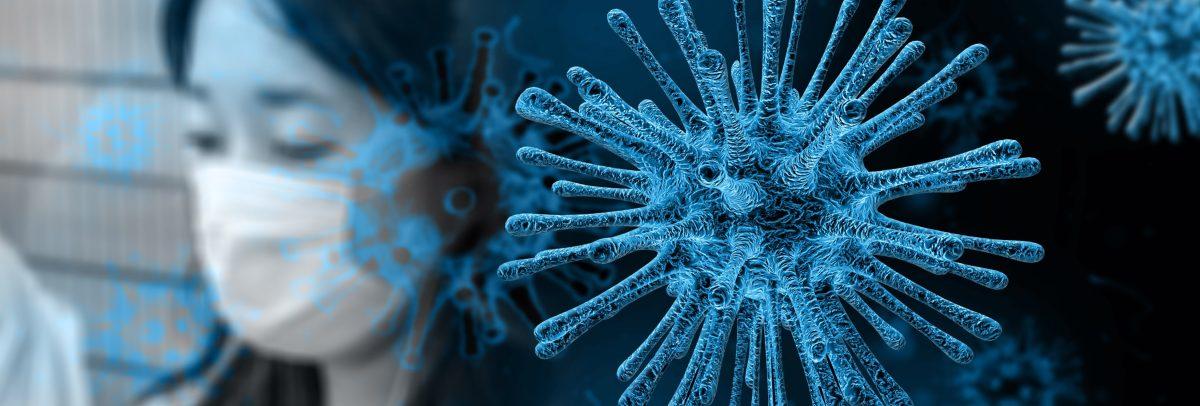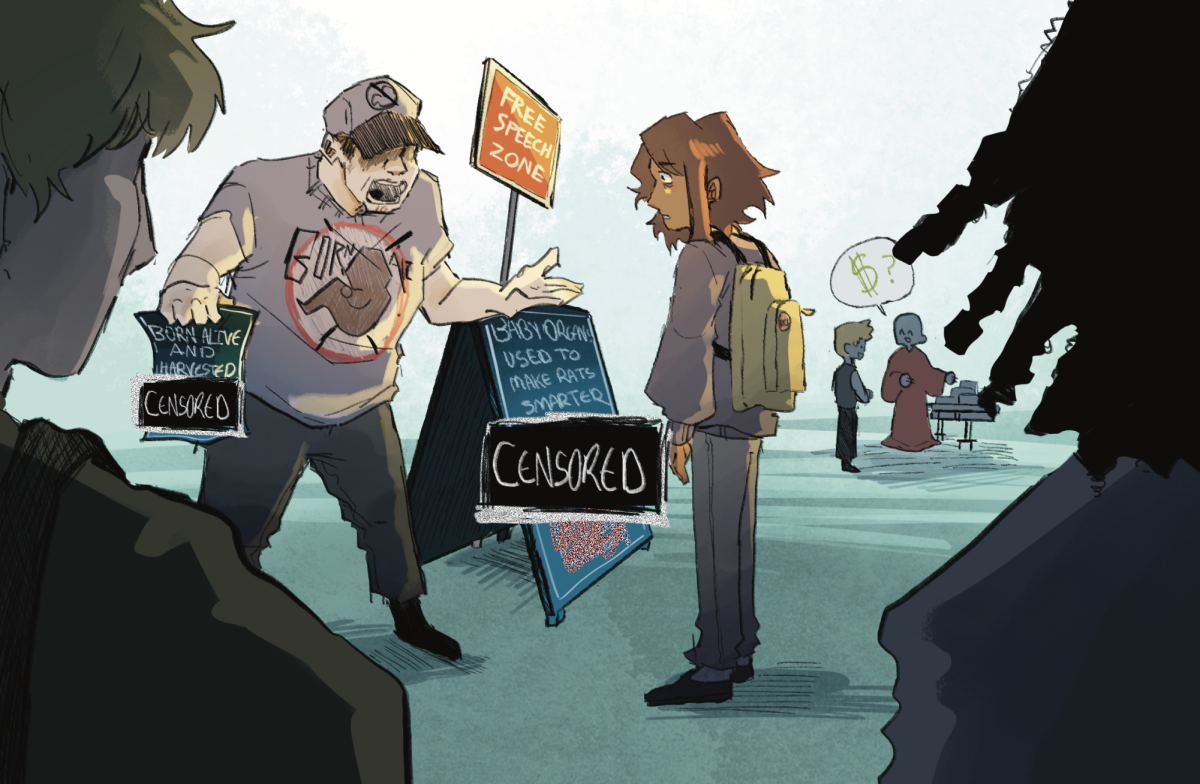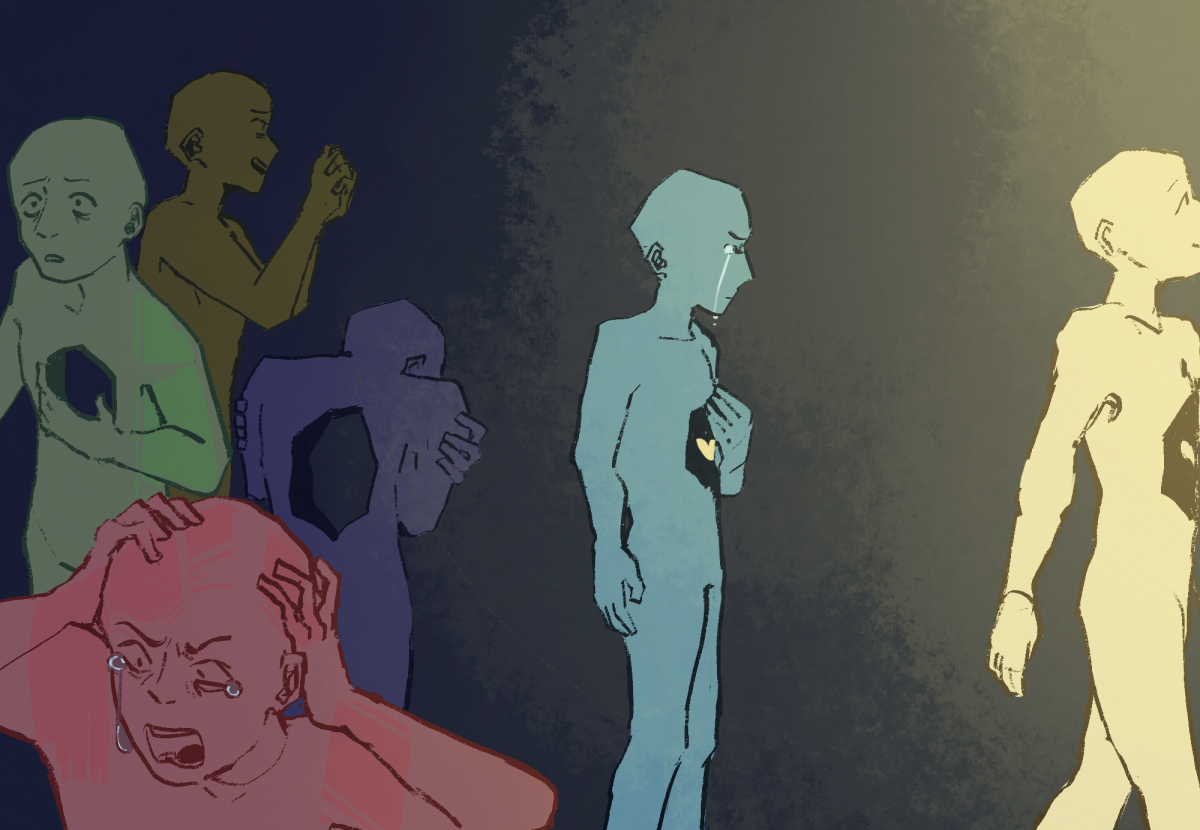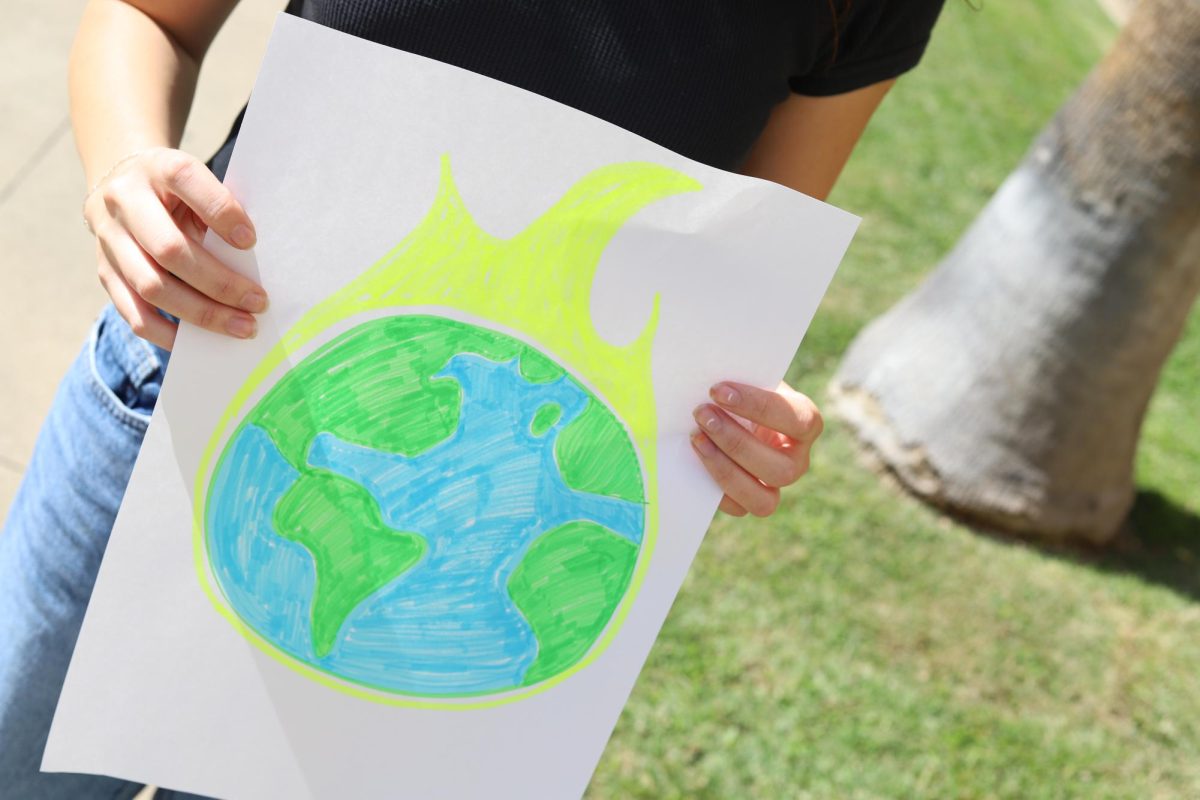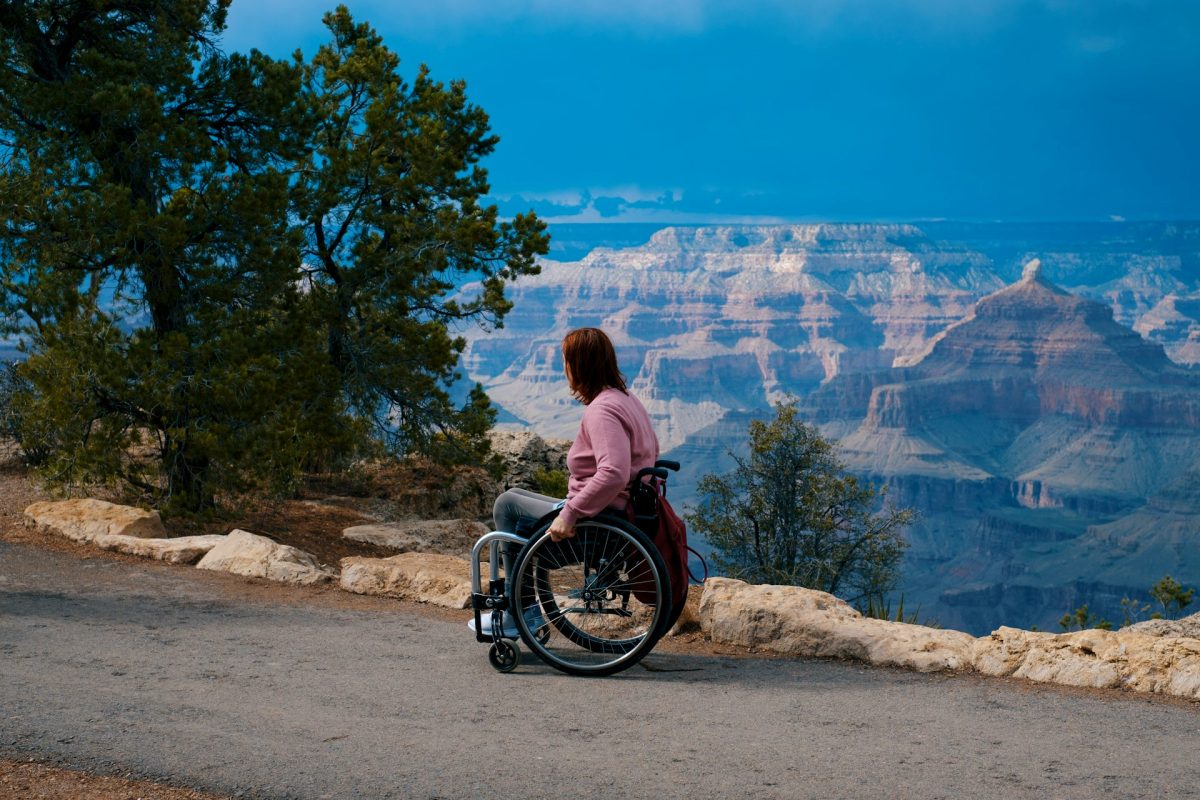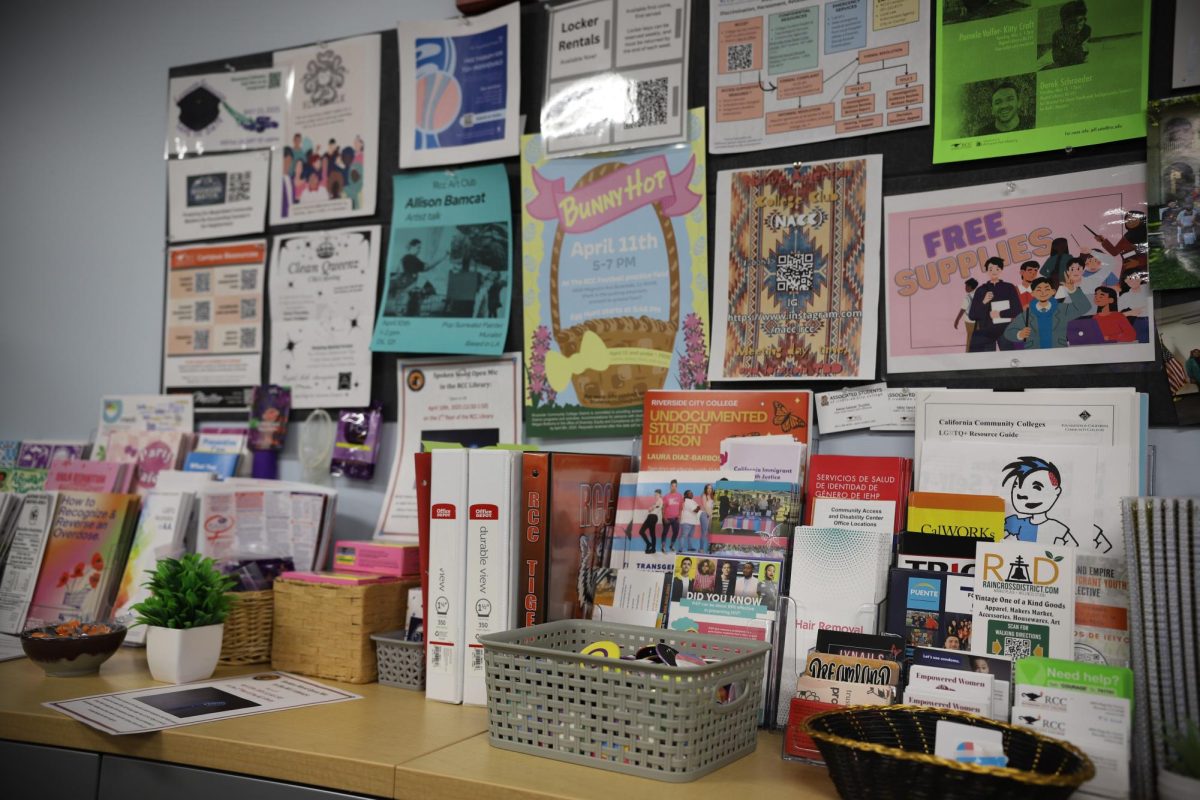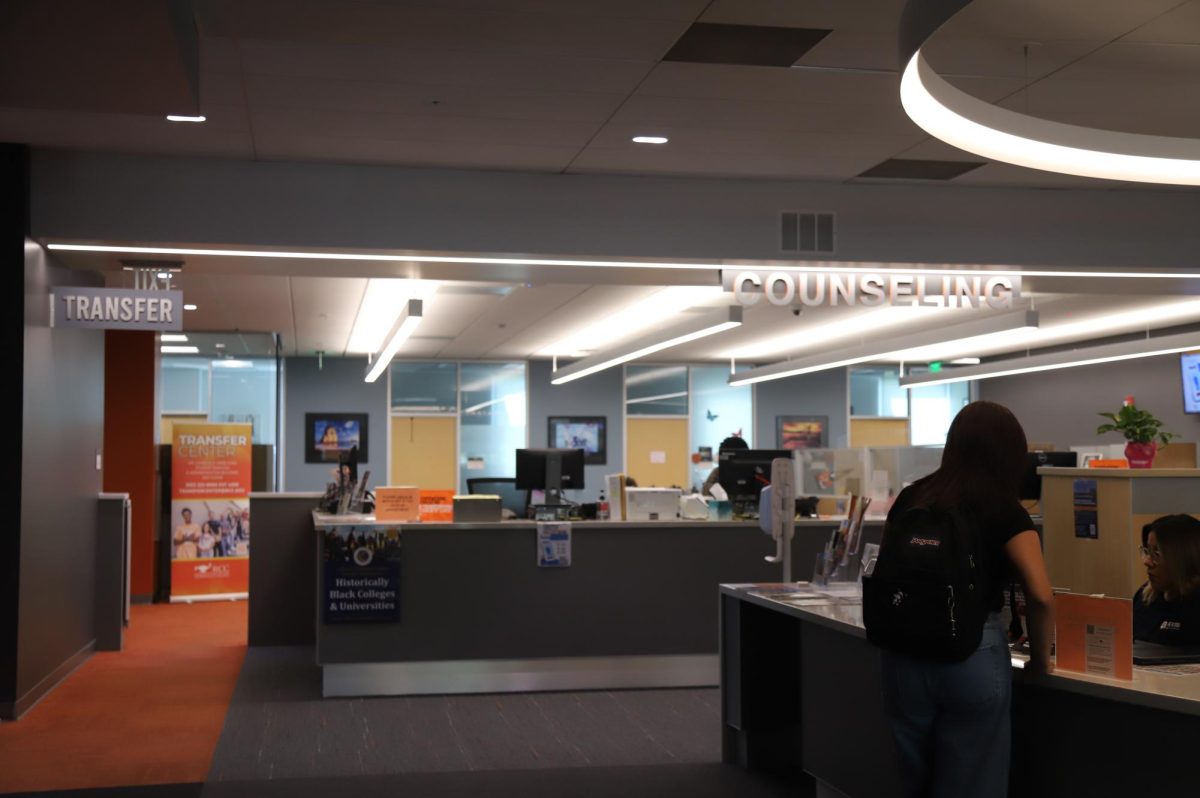A flight from Wuhan, China headed to Ontario Airport was redirected to March Air Force Base in Riverside, where it landed on Jan. 29. The 195 American citizens who were on the plane were then quarantined at the base for 14 days.
We have seen Riverside City College students wearing protective masks on campus since the plane’s landing caused a growing concern for a coronavirus outbreak in Southern California.
The World Health Organization defines coronaviruses as “a large family of viruses that cause illness ranging from the common cold to more severe diseases.” A coronavirus causes respiratory illness and symptoms include fever, cough and shortness of breath. Severe cases can lead to pneumonia in both lungs.
As of Feb. 12, the Centers for Disease Control and Prevention had confirmed 13 positive coronavirus patients in the United States, with testing for 60 people still pending.
This is not the first coronavirus to appear in the last two decades. According to the CDC’s website, the Middle East Respiratory Syndrome Coronavirus (MERS-CoV) broke out in Saudi Arabia in 2012 and the Severe Acute Respiratory Coronavirus (SARS-CoV) broke out in China in 2002.
Although the coronavirus outbreak is concerning, as are all public health concerns, the CDC estimates 12,000 to 30,000 influenza related deaths from Oct. 1, 2019 to Feb. 1, 2010. The flu has killed more people than COVID-19 has but nobody is targeting or attacking a specific group of people over it.
Misunderstandings of foreign born viruses and diseases create a breeding ground for xenophobia in western society. We are seeing an increase in xenophobic behavior toward Asian people due to lacking education on the outbreak of the COVID-19 virus, formally known as the 2019 Novel Coronavirus.
This behavior is even causing American-born Asians to feel humiliated and marginalized in their own country. On Jan. 30, a UC Berkeley Health Services Instagram post stated that xenophobia, or more specifically, “fears about interacting with those who may be from Asia,” is a normal reaction to the coronavirus.
Statements like this enable racism and reinforce harmful stereotypes. An establishment with as much credibility as UC Berkeley can easily influence people’s opinions and should be more careful when attempting to spread awareness, especially if there is a possibility of it causing harm to a group of people.
With most people getting their news from social media, it is easy for false reports and rumors to spread. This quick and easy news source is often careless, as much of the information is not fact-checked or supported by credible sources.
The spread of a respiratory illness should not warrant racism and xenophobia. It is important to always fact-check information found on social media. Both the CDC and the California Department of Public Health websites have accurate and updated information on how to reduce the risk of exposure. Guidance for healthcare professionals on how to identify, assess and report cases of infection is also provided on the website.
Although there is no vaccine or treatment at this time it is important to practice good hygiene and take precautions to decrease the risk of exposure until there is a vaccine. It is also important that we treat others with respect and support one another in times of uncertainty.

